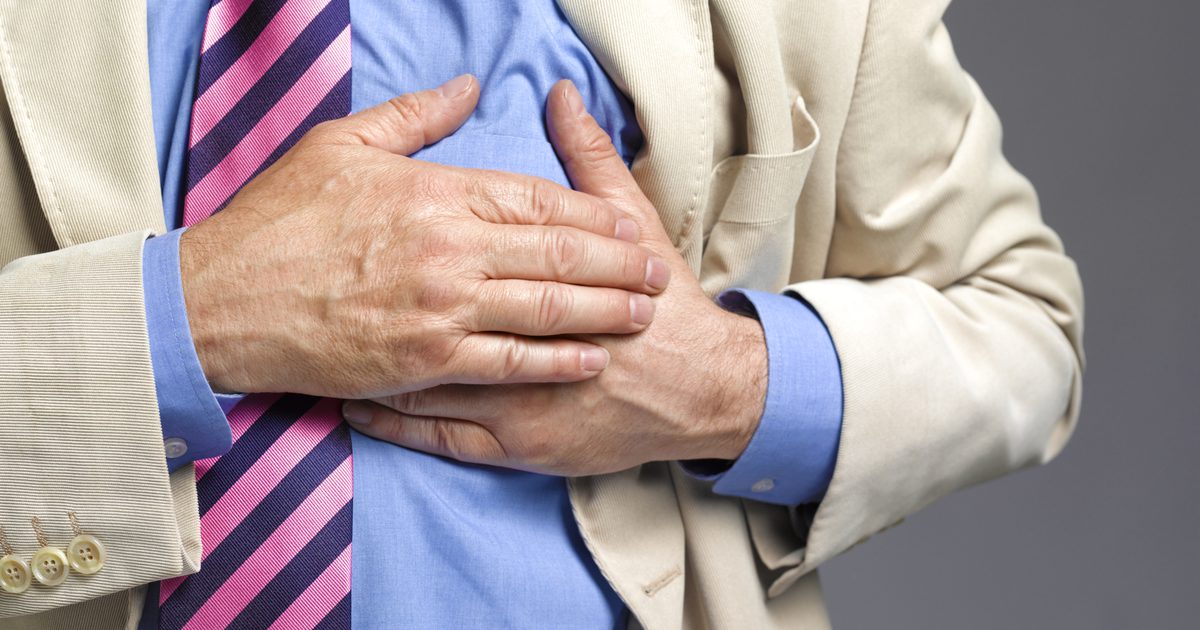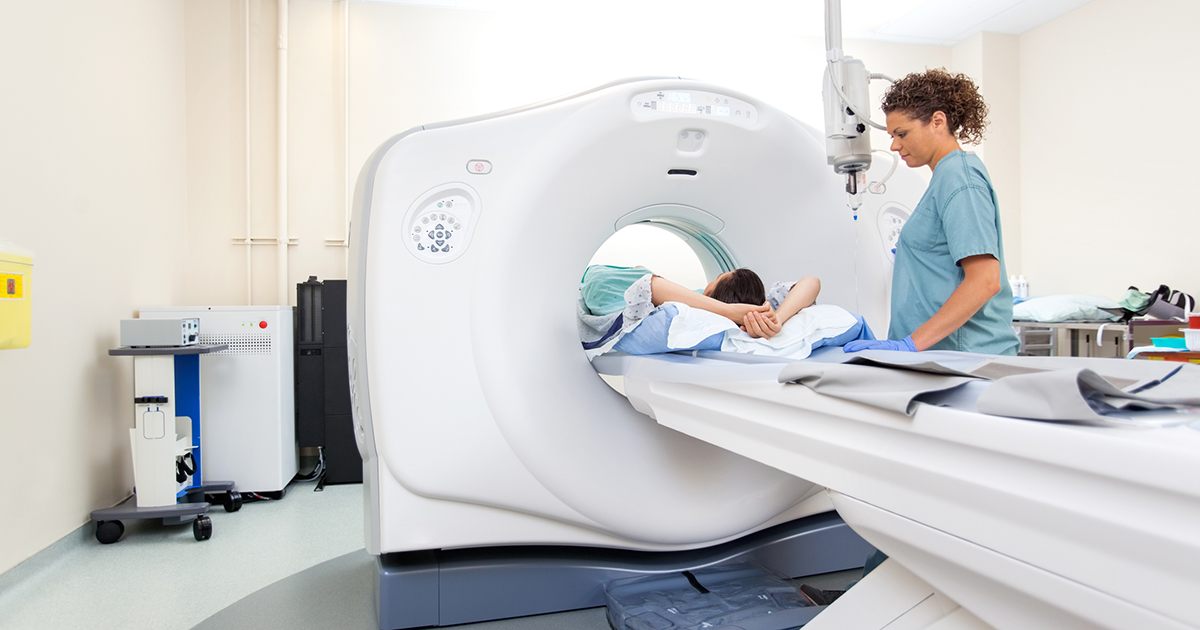Complications Of Dextrocardia
Dextrocardia is a congenital medical condition in which an individual's heart points to the right side of their chest rather than the left. It affects less than one percent of the population. The isolated form of dextrocardia does not include other defects, but it is important to note in other forms of dextrocardia, it can be a part of situs inversus, which means an individual's internal organs, such as their liver and spleen, are all on the other side of their body. Individuals with this condition may also suffer from other defects related to their heart, other organs, or digestive system, though often defects can be corrected with surgery.
Get to know the various complications associated with dextrocardia now.
Increased Number Of Sinus Infections

One of the problems dextrocardia can cause is an increased number of sinus infections. Sinus infections associated with dextrocardia are usually a result of a primary condition called Kartagener syndrome when it is linked to situs inversus totalis. This results in multiple organs, including the heart, to develop on the wrong side of the body. These patients are prone to frequent infections of the sinuses, ears, and lungs. Over time, these infections can lead to deafness and serious lung diseases. If the condition is treated properly, these complications can be avoided. Treatment includes clearing the air passages to improve breathing and giving antibiotics to fight infections.
Learn more about dextrocardia complications now.
Heart Failure

Heart failure is a possible but rare complication of dextrocardia. It can occur if dextrocardia involves multiple heart defects. For example, the blood vessels in the heart may be arranged in the wrong positions, causing problems with heart function. The pulmonary valve and aorta may switch places, or the pulmonary valve may be too small. There may be tissue missing between the heart chambers, or there may be a hole somewhere in the heart. There may be too many ventricles or not enough. Serious heart defects like these can lead to death, and patients may require heart transplants to survive.
Continue reading to reveal more complications linked to dextrocardia now.
Blocked Intestines

Dextrocardia can cause blocked intestines if the heart is placed in a location where it gets in the way of abdominal organs. In addition, the intestines themselves may be placed in the wrong part of the body, causing them to get squished against other organs. The intestines may also be twisted the wrong way, resulting in a blockage. When this happens, it is called intestinal malrotation, and the typical treatment for this is surgical intervention. The surgeon will do whatever is necessary to prevent more intestinal blockages, but if the intestines or other organs are on the wrong side of the body, the surgeon cannot move them to the correct side.
Get the details on more dextrocardia complications now.
Increased Risk And Frequency Of Pneumonia

The lungs are sometimes affected by dextrocardia. For example, it is common for individuals with this condition to not have enough cilia, tiny structures inside the mucosa of the lungs, in their lungs. Cilia resemble little hairs and their function is to keep the lungs and airways clean by filtering out harmful particles in the air. These harmful particles can include smoke, chemical pollutants, and allergens. Not having enough of these cilia can lead to increased risk and frequency of pneumonia. Individuals with dextrocardia may also have a defect in the pleura, which is the tissue around the lungs. This can lead to pneumonia and other lung diseases as well.
Learn more about some of the complications dextrocardia can cause now.
Heterotaxy

Heterotaxy is a condition that sometimes co-occurs with dextrocardia. Someone with heterotaxy has a lot of organs in the wrong place in the chest and abdomen, though they do not appear as an exact mirror image like in situs inversus, and those organs may have multiple defects. These defects can be mild enough to cause few symptoms; they can also cause serious life-threatening problems. Problems are likely to occur if the heart and other organs are not shaped correctly or have parts in the wrong places. The affected organs may include the lungs, spleen, and pancreas, in addition to the heart. This condition is very rare, affecting only one in ten thousand individuals. It is more common in black and Hispanic people than in Caucasian individuals.